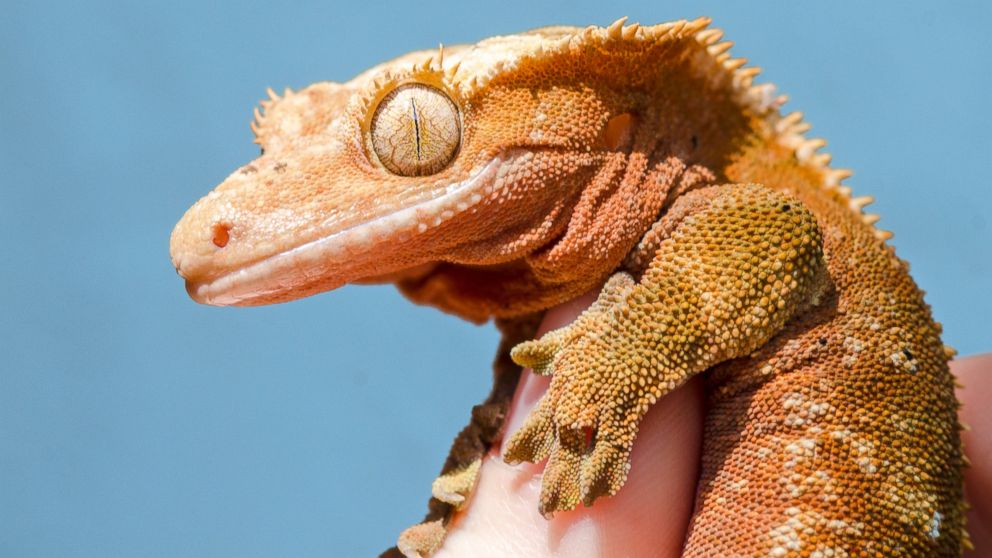Geckos Linked to Dangerous Salmonella Outbreak in 16 States
Pet geckos can be carriers of the dangerous bacteria without showing symptoms.

— -- A dangerous Salmonella outbreak in 16 states has been linked to pet geckos, according to a new report by the U.S. Centers for Disease Control and Prevention.
Starting on Jan. 1, 20 people ranging in ages from 1 to 57 years old have been reported as being infected with the same strain of Salmonella, according to the CDC. Of those sickened, three have been hospitalized as a result of the bacteria.
Eleven of those sickened reported they had pet geckos, which are known to be carriers of the bacteria.
Infectious disease expert Dr. William Schaffner, at Vanderbilt University Medical Center, said that the infected reptiles will not show any visible symptoms.
"Salmonella has the extraordinary capacity to infect not only mammals and chickens and fowl but also reptiles," said Schaffner. The bacteria "can create long-standing infections in reptiles."
Owners will not be able to detect visible symptoms in their pet reptiles and should be vigilant about washing their hands after holding their pets, Schaffner said.
"They can be hazardous to their owners," he said, noting the bacteria can be excreted by the animal and owners can be infected if they handle the pet and then touch their face or mouth.
Unlike Salmonella infections from food, people generally are exposed to less bacteria from pet interactions, meaning they will likely not get as sick, Schaffner said. However, the symptoms of Salmonella, including fever, chills and diarrhea, are virtually indistinguishable from many other sicknesses.
If anyone has a gecko and starts to exhibit these symptoms, they should have doctors test cultures for the Salmonella bacteria, Schaffner said. Any positive Salmonella test is sent to the CDC to discern if it's part of a strain seen throughout the country.
As a result, the CDC can now find smaller outbreaks even in a large number of states, Schaffner said.
"This is an extraordinary way that in the 21st century we can detect outbreaks now that previously would have been undetected," he said.
The Salmonella bacteria causes an estimated 19,000 hospitalizations and 380 deaths every year, according to the CDC.




